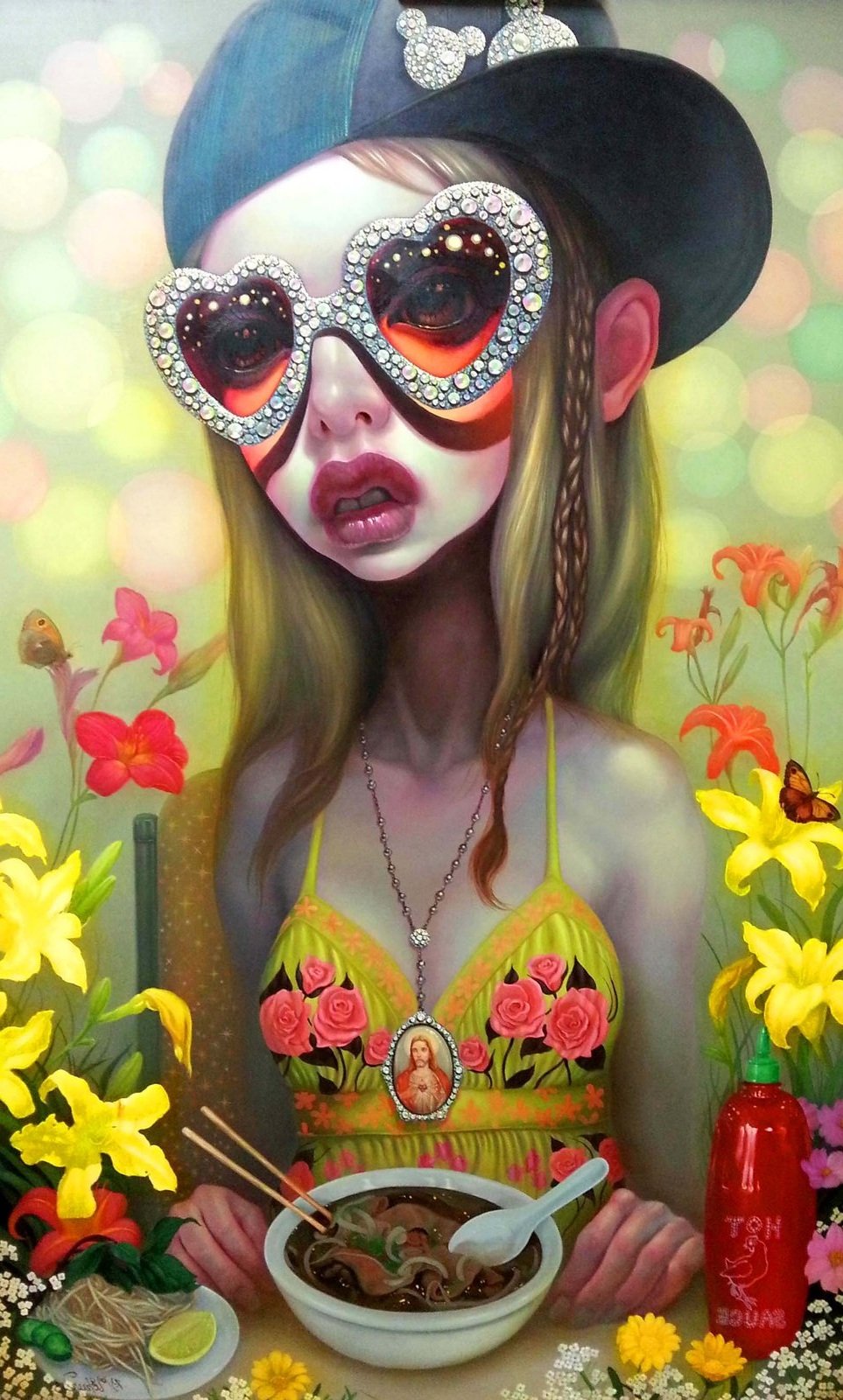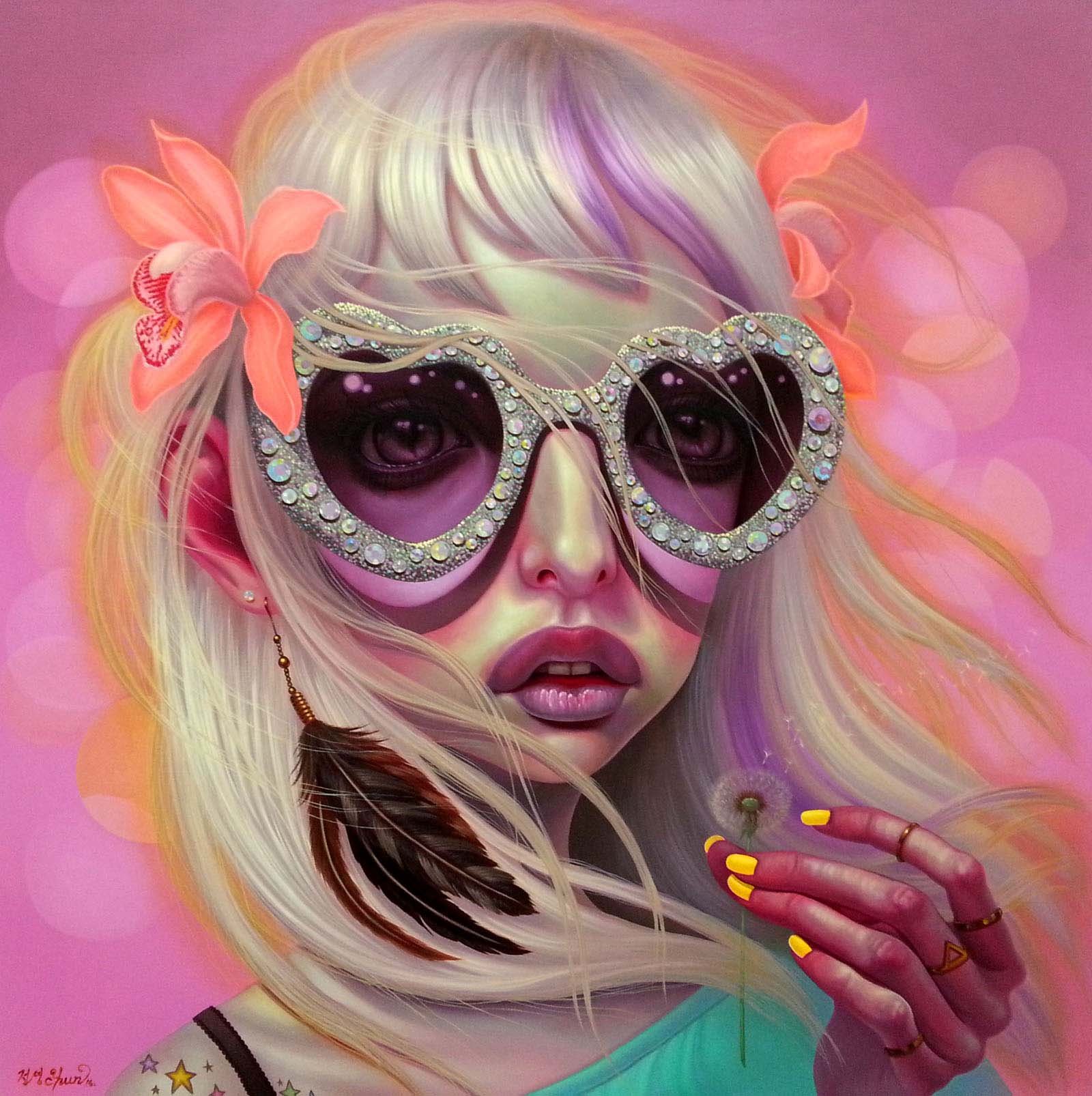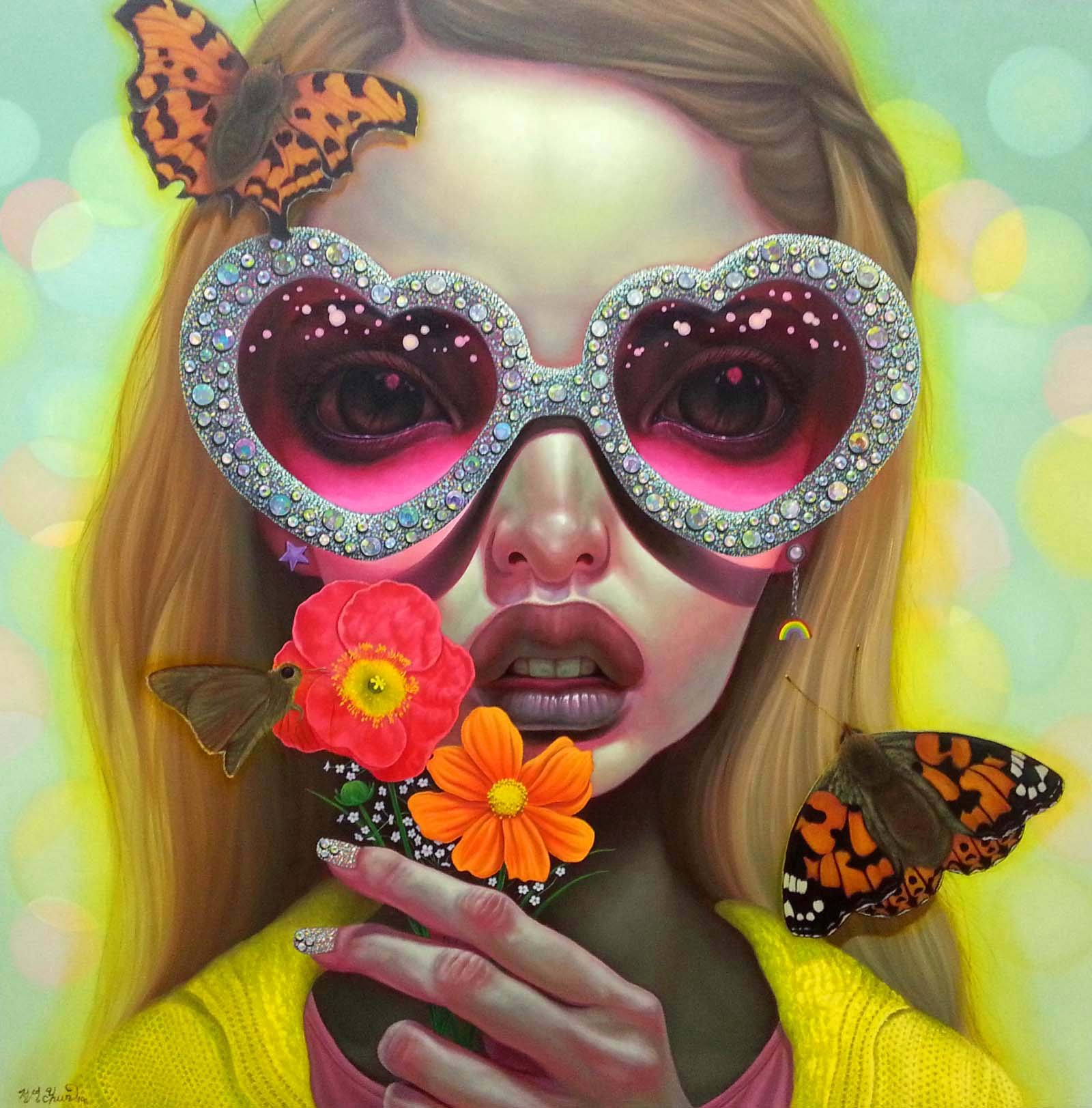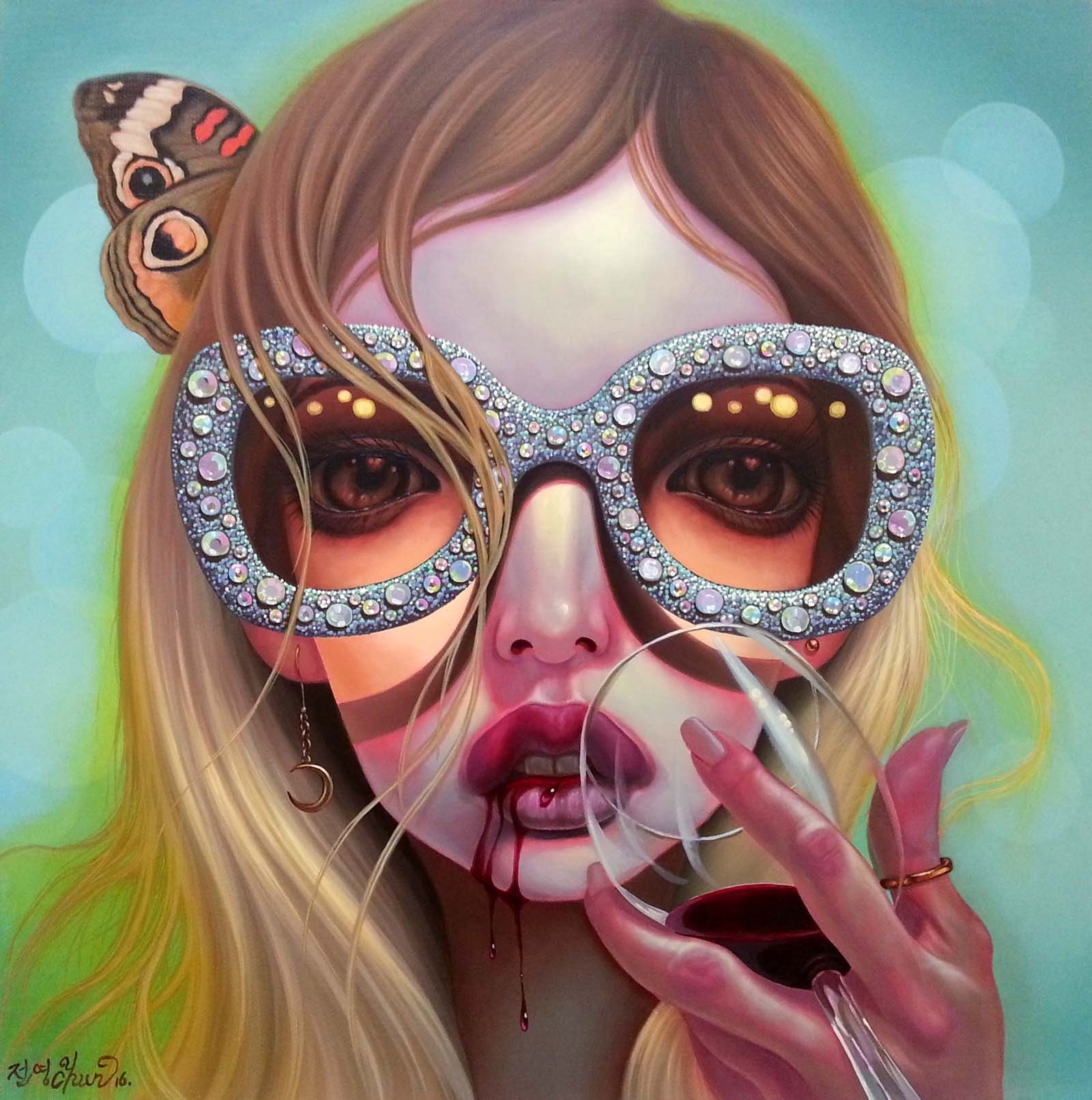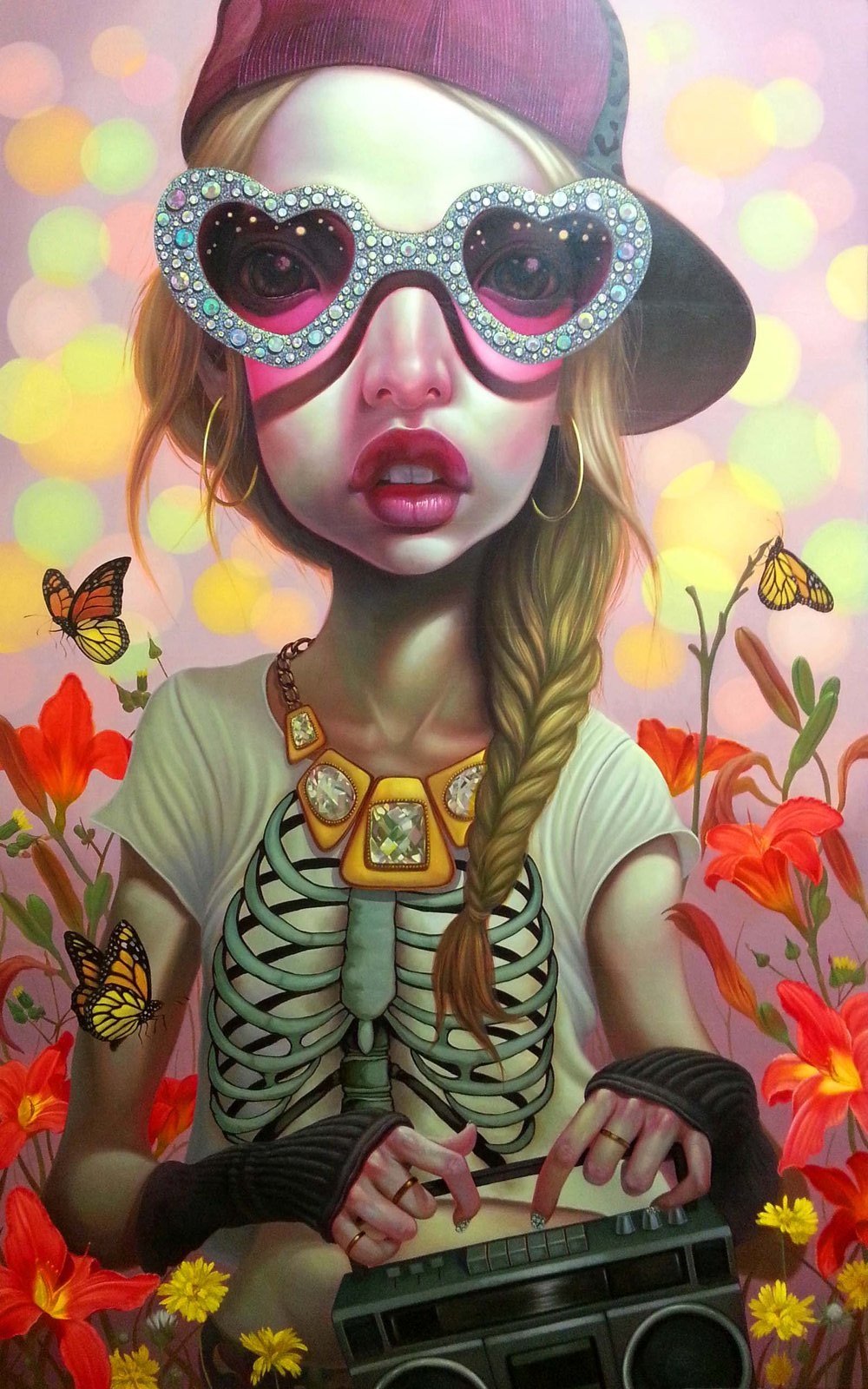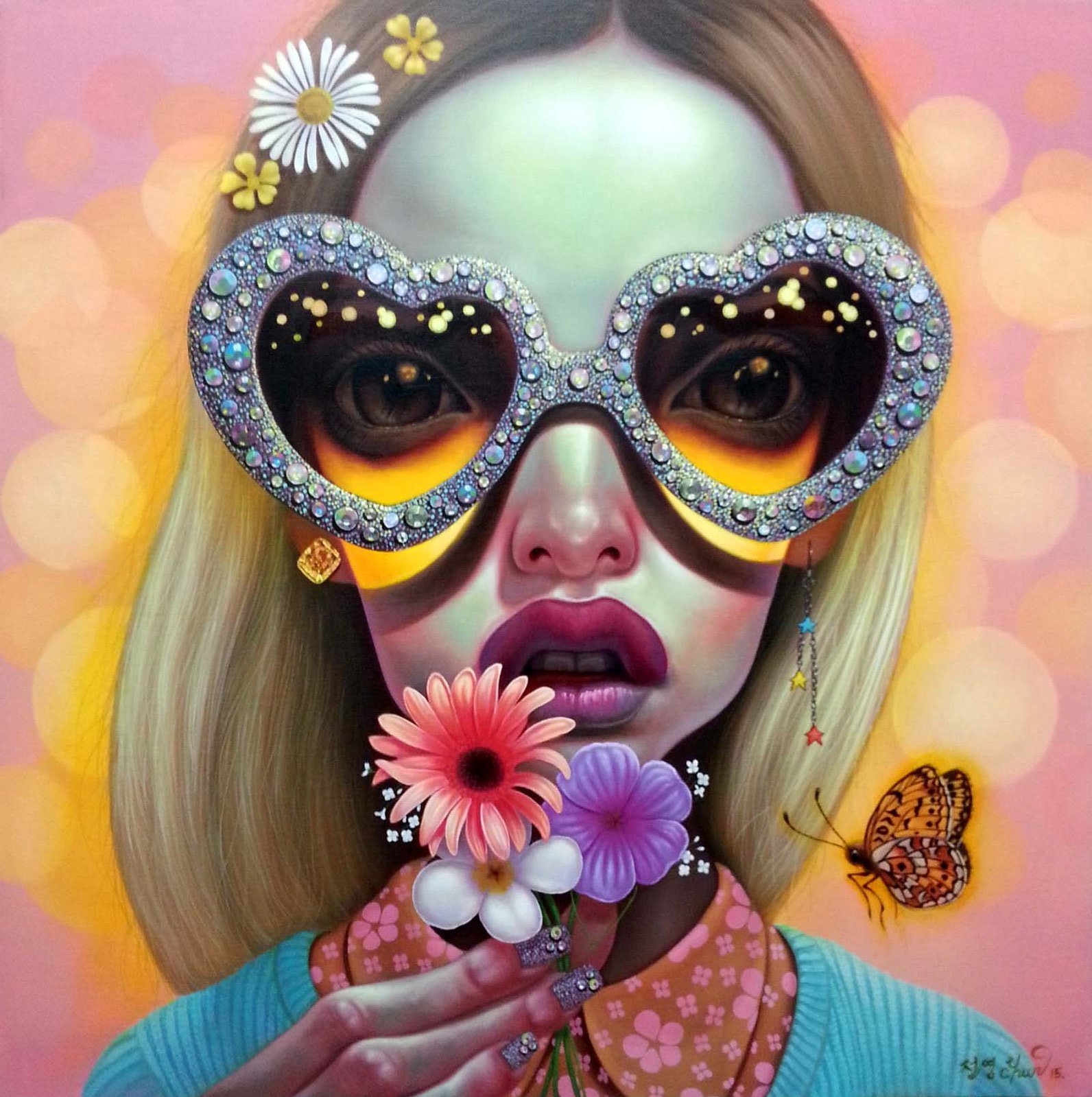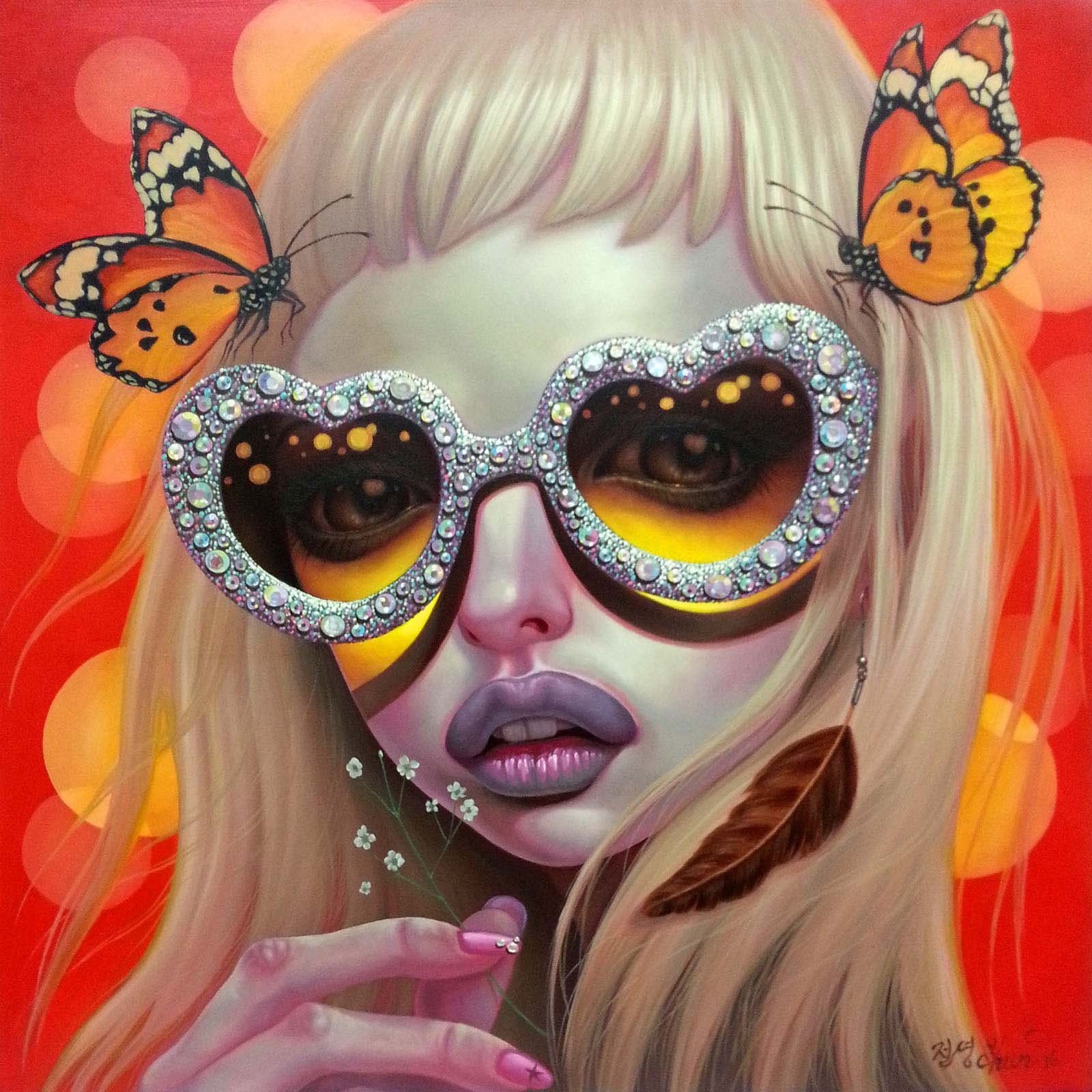YOUNG CHUN INTERVIEW
“When I pass by strangers, my mind begins to create stories about them. I imagine their lives; the triumphs, the tragedies, and the happiness or sadness they experience. I make them up, in my mind. But, there is truth in my art. These stories evoke true feelings, that become the inspiration for my art.”
Welcome to our exclusive conversation with Young Chun, a remarkable artist whose evocative and captivating work has been stealing hearts and stirring souls across the globe. Drawing predominantly on female subjects, Chun's artistry weaves a tapestry of compelling narratives that are as profound as they are aesthetically arresting. His journey from a formal art education, through an unexpected career detour, and back to his artistic roots, offers a fascinating tale of resilience and dedication. It is with great pleasure that we delve into his creative process, inspirations, and future aspirations, shedding light on the artistic genius behind the canvas.
Your artistic portfolio, particularly your focus on female subjects, exudes a captivating charm, each radiating its own compelling narrative. Can you shed light on your decision to make women the primary focus of your work, and what motivates your creative process?
I just gravitate towards painting female characters when I'm trying to convey the way that I feel; and my paintings are somewhat of a visual interpretation of what it is that I'm feeling at a certain moment. It's inspired by the "environment", things that I see and experience in my everyday life. Such as: music and fashion; what I see on television, movies, and the various forms of media; the people that surround me; my dreams, my reality, and the memories I have of my past. That sort of stuff.
Your formative years seem rich in experiences that have significantly shaped you. Could you expound on how your upbringing has influenced your evolution as an artist?
It was sort of interesting growing up as a pastors kid. I remember for a brief time, I lived in a small attachment to a hillside church. It was boring most of the time, but during the weekdays, the hillside chapel, became a dim and empty space, where I would run around with imaginary friends. It allowed me to explore my imagination as a kid. And now, "the chapel", has become a permanent fixture in my creative mind; where I construct, develop, and store works in progress before they ever meet a sketch-pad.
You initially pursued formal education in art, yet took a divergent career path. How did your journey ultimately lead you back to your artistic roots?
To be honest, I'm really not sure how I found my way back to art? After high-school, I attended the Art Center college of design, in Pasadena, California. It's where I developed my technical skills to create art. But, after I graduated and started making art for a living, I felt somewhat under-developed as an artist. I felt that I needed to absorb other things in life. To make a long story short, I became a respiratory therapist, and worked several years in that field, before I resumed working again as a full-time artist. I guess, that I just felt, that the time was right for me to go back to art.
Could you give us a peek into your usual creative process? What artistic mediums do you favor and are there any you're keen on exploring in the future?
The creative process is pretty basic, when it comes to technique. I usually start laying in the dark's and work my way up to the high-lights. Then I paint the whole piece over again in reverse, from high-lights to the dark's. Then back and forth. Over and over, until I achieve the look that I like. There's a lot of things that happen in-between, that make it more of an intuitive process. The medium that I prefer to use is oils, because it allows me to achieve the type of quality in my pieces that I like. I guess what I'm trying to say is, that I just like oils for some reason. It's the medium that I'm most familiar and comfortable with. I have used other mediums and enjoy them to; especially mediums that relate to sculptural work.

